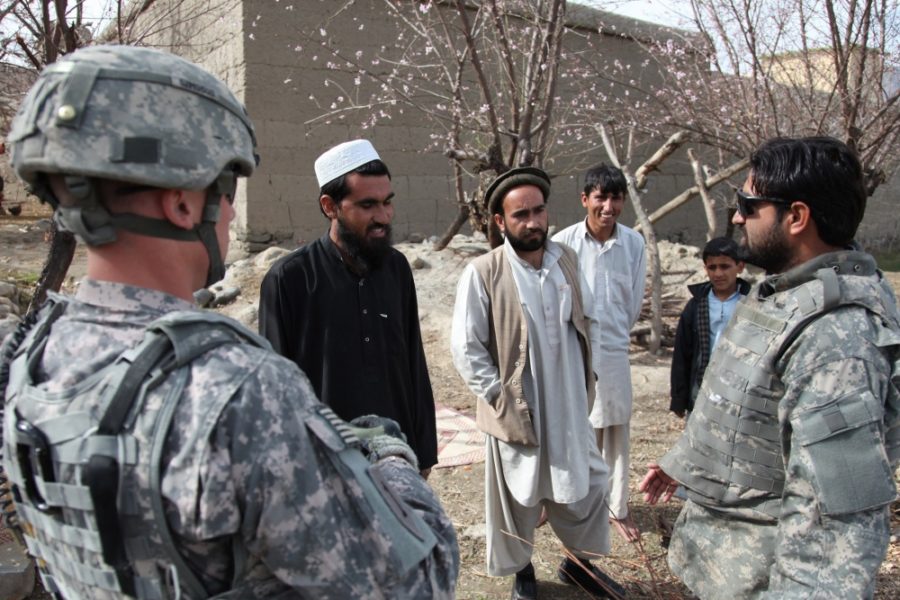The Biden administration will evacuate thousands of Afghan interpreters as the U.S. military withdraws from the country, with planning speeding up this week as Afghan leaders visit the White House and the Pentagon.
“We’ve already begun the process,” said President Joe Biden, speaking with reporters outside the White House on June 24. “Those who helped us are not going to be left behind.”
U.S. Secretary of State Antony Blinken said earlier this week that about 18,000 people have expressed interest in using the Special Immigrant Visas for Afghans to come to the United States as Afghanistan has grown more violent with Taliban gains.
“The idea here is to be able to facilitate their departure from Afghanistan to another location so that they can complete the SIV process,” Pentagon spokesman John F. Kirby said June 24, adding that it is not known how many could come to the United States.
Kirby said the Defense Department is planning with the State Department and the Department of Homeland Security on what the process could look like and what a possible timeline could be.
While this could involve USAF aircraft, it could also include chartered or leased airplanes. “There’s lots of opportunities here,” Kirby said.
Since the process involves visas, the State Department has the lead. The military, including the National Guard, could be involved in housing and feeding the Afghan immigrants, but that has not been decided, and there has not been a request to identify possible locations, Kirby said.
“The planning will obviously include housing and medical care and obviously sustenance, of course—all those things are going to be factored into the planning here,” Kirby said.
Afghan President Ashraf Ghani arrived in Washington, D.C., this week and met with lawmakers on Capitol Hill on June 24. On June 25, he will head to the Pentagon for a meeting with Defense Secretary Lloyd J. Austin III and to the White House for a meting with Biden.
The meetings will focus on the progress of the withdrawal and what potential future support to the Afghan government could look like.
Kirby said the military is still planning what its presence inside Afghanistan will look like after the withdrawal is finished by the September deadline. The U.S. military footprint will be focused on protecting the embassy in Kabul. “Without getting into specific details, I think it’s safe to assume … in this environment it would be beyond just what you would see at a normal embassy,” he said.
